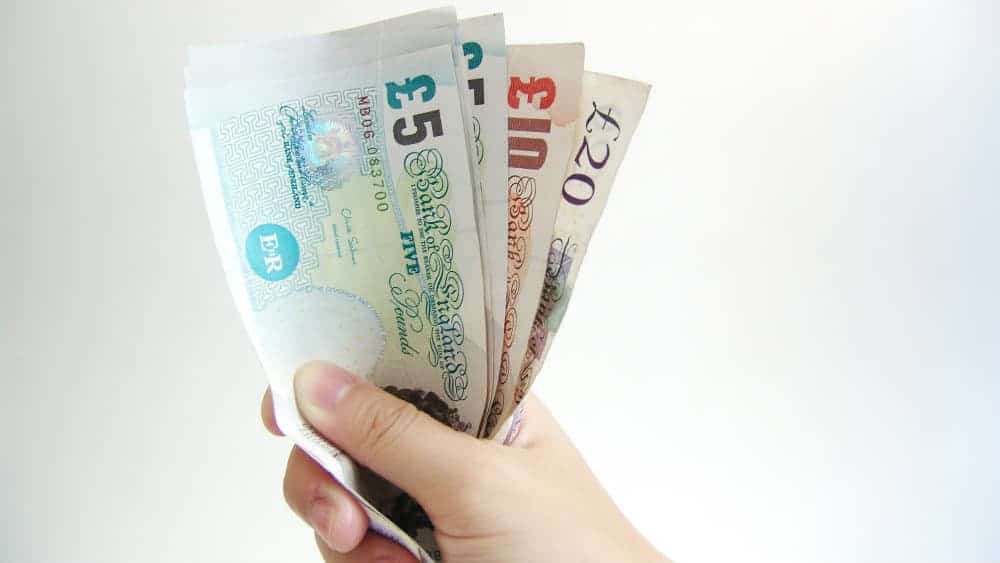Recently, I ‘ve been scouring the market for recovery stocks, which appear cheap compared to their potential. There’s one company in the FTSE 100 that’s attracted my attention. This is the vertically integrated steel producer Evraz (LSE: EVR).
FTSE 100 recovery buy
The steel industry is one of those sectors investors love to hate. It’s renowned for its volatile earnings, slim profit margins and, in the UK, continual crisis. Considering these factors, it’s no wonder many investors tend to avoid the sector as much as possible.
However, in periods of economic growth, steel demand can explode. And because production capacity is limited, rising demand can quickly send prices skyrocketing.
That’s just what’s happening today. At the beginning of August, FTSE 100 steel group Evraz informed the market that profit from operations for the first half of its financial year had jumped 96%. Net cash from operating activities hit $1.4bn, up 81%, and net debt ticked 3% lower to just under $3.3bn.
Off the back of these results, management announced a substantial $0.55 (41p) per share dividend, a yield of around 7% on the current share price.
Future growth potential
Of course, investors should never use past performance to guide future potential. Nevertheless, in the case of the FTSE 100 metals group, I think the performance in the first half is a sign of things to come.
Steel prices have continued to push higher. In the US, a steel shortage has created a minor bubble, with prices at one point rising 300% above pre-pandemic levels.
At the same time, iron ore and coal prices have also charged higher. Unlike many other steel groups, Evraz also produces its own coal and iron ore. This gives the organisation a competitive advantage, especially in the current market when the prices of these critical commodities have also skyrocketed.
Unfortunately, these integrated operations may only insulate the company from rising cost pressures to a certain level. Higher labour and energy costs will be harder to offset. Evraz is also planning to spin-off its coal business by the end of 2021, in an attempt to improve its ESG credentials.
Despite these risks, I think the stock looks cheap. Based on the fact that the prices of iron ore, steel and coal have remained elevated in the second half of 2021, I reckon there’s a good chance the firm can repeat its performance in the first six months of the year.
If it does, I estimate shares in the group will be selling at a forward price-to-earnings (P/E) multiple of less than 5. Meanwhile, City analysts have pencilled in a dividend yield for the year of just over 6%.
Of course, there’s no guarantee the company will hit these targets. Still, I’d buy the stock for my portfolio, based on the growth potential outlined above.







